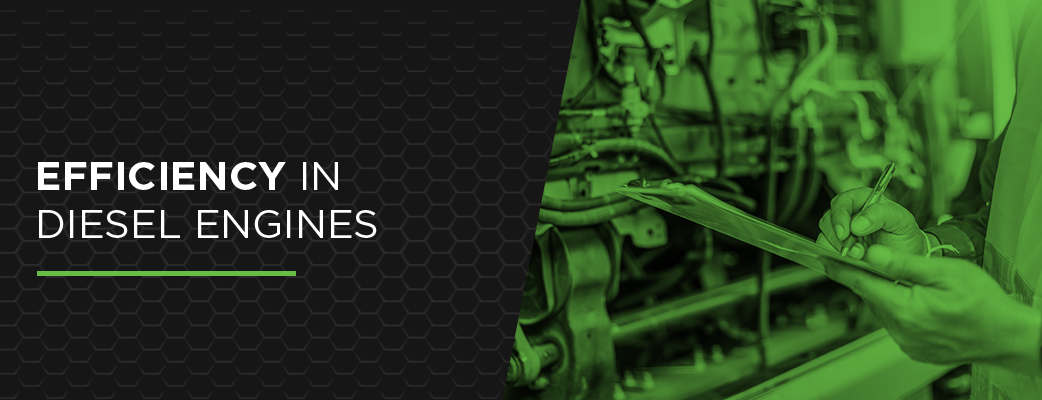
Is your diesel engine as efficient as it can be? The word “efficiency” has many connotations, and its meaning in terms of marine diesel engines can be tricky for some boat owners. Having a solid understanding of diesel engine efficiency will help you stay safe while extending your boat’s functional longevity.
What Is Efficiency in Diesel Engines?
Efficiency refers to the level of effectiveness of your boat engine’s filtration system. If your filtration is highly efficient, the filter can remove incredibly small particles from the fuel. A less efficient system may allow more particles and contaminants to escape, which can be detrimental to the engine’s lifespan.
Most marine diesel engines have a two-filter system, in which the primary filter removes larger contaminants and the secondary filter takes out fine particles. This system allows the engine to receive clean fuel.
How Can I Measure the Efficiency of My Diesel Engine?
The efficiency of a diesel engine’s filtration system is measured in microns. Another term for micron is micrometer, which indicates the smallest particle that a filter can catch. For example, if you buy a 10 micron filter, it will catch most particles that are 10 micrometers and larger.
There are three main measurements for efficiency:
Absolute Rating: The absolute rating is designed to mark the largest contaminant that can pass through a given filter. If your filter has an absolute rating of 15 microns, it will usually keep out any particles that are over 15 micrometers in diameter. This is a less accurate measurement of efficiency than the other ratings because of the uncertain nature of absolutes.
Nominal Rating: The nominal rating indicates the percentage of contaminants blocked by a filter. For instance, a nominal rating of 98% of 10 microns means your filter will catch about 98% of every particle over 10 microns.
Beta Rating: To calculate your marine diesel engine’s efficiency, you can use the beta rating. A beta rating of 50 equates to a ratio of 100:2. Put 100 particles through a filter, and two of them make it out to the other side. Your filter’s efficiency is 98%.
For the best accuracy, it’s important to consider more than one rating when measuring your engine’s efficiency.
What Does Efficiency Mean for My Boat’s Performance?
The efficiency of your filtration system can have a major impact on the performance and lifespan of your engine. Removing as many contaminants and fine particles as possible prevents clogged filters, fuel pump damage and engine damage. These issues can lead to expensive replacements and repairs, which is why it’s important to understand how fuel efficiency works in your engine.
Most average diesel engine filters range from 95% to 98% efficiency. If your filtration system dips below these numbers, it may be time to consider a replacement.
Shop Replacement Parts at Diesel Pro Power Today
If you want to learn more about efficiency in diesel engines and filtration systems, contact Diesel Pro Power today.



 Free US Calls: 1-888-433-4735
Free US Calls: 1-888-433-4735 International: 305-545-5588
International: 305-545-5588